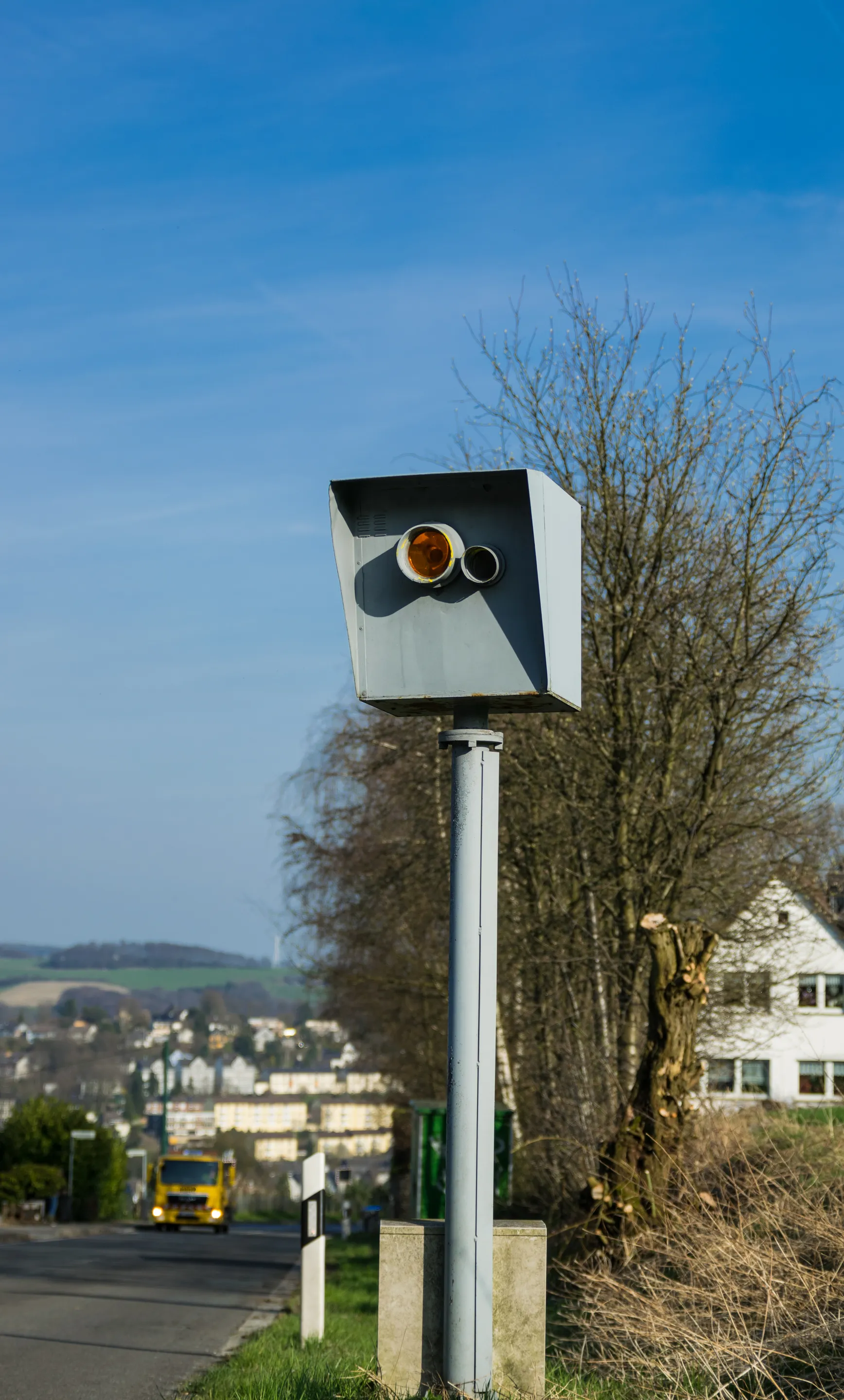Bad driving makes people significantly attractiveness to potential partners, with women finding it especially so, according to a recent UK survey.
Many people have wondered if poor driving skills put a dampener on romance and the survey from the Institute of Advanced Motorists appears to confirm this. Bad drivers were found to be 50% less attractive than motorists with good skills.
August 27, 2015
Read time: 3 mins

Bad driving makes people significantly attractiveness to potential partners, with women finding it especially so, according to a recent UK survey.
Many people have wondered if poor driving skills put a dampener on romance and the survey from the5125 Institute of Advanced Motorists appears to confirm this. Bad drivers were found to be 50% less attractive than motorists with good skills.
Other findings were:
• Bad driving reduces attractiveness by 50%
• 4 in 5 women and nearly half of men are physically turned off by bad driving
• Pulse rates increase by 20% when watching bad driving; stress level rise
The survey is the result of an experiment by behavioural psychologist Jo Hemmings. Candidates were shown videos of both good and bad driving while being tested for their levels of attraction towards the driver. Indicator were pulse rates, pupil dilation, blink rates and body language.
Findings included 84% of candidates reporting more negative feelings towards the driver after experiencing their incompetence on the road.
The pulse rate of 60% of female candidates increased while watching bad driving manoeuvres, with a 20% increase for a third indicating a significant rise in stress levels.
Aggressive and confrontational manoeuvres were found to be most unattractive to women – with road rage, illegal overtaking and tailgating topping a list of habits that provoke the strongest negative reactions.
In contrast, reactions in men were found to be less significant, with 28% reporting a dislike for the driver after seeing them behind the wheel.
Body language indicators showed that for men, instead of stress, frustration was the overwhelming response. Candidates were found to frown, become agitated and shift position as they watched videos of parking, turning the car around or other examples of distracted or preoccupied behaviours.
“There is no doubt that across the board most candidates, and nearly all of the women, found bad driving to be a turn-off,” said Hemmings.
“However, it’s interesting to look at the reactions of different genders. Some male reactions to bad driving included laughter and amusement, indicating that men have a less mature emotional response to bad driving than women who instead furrowed their brows and shook their heads.”
Top 5 driving behaviours that turn off women:
1. Illegal overtaking
2. Road rage
3. Bad parking
4. Texting whilst driving
5. 3 point turn
Top five driving behaviours that turn off men:
1. Three point turn
2. Talking selfies at the wheel
3. Texting whilst driving
4. Driving the wrong way round a roundabout
5. Bad parking
The experiment follows independent research by the IAM which uncovered bad driving as one of the UK’s biggest first date turn-offs. Road rage was the worst first-date mistake for almost half of British drivers. A similar number said texting at the wheel leaves them wanting to end a date immediately.
Around 11% were irritated by someone who takes 15 minutes to park, while 13% of survey respondents said they found overly cautious drivers who go under the speed limit off-putting.
“Bad driving not only has an impact on the safety of our roads, but can also affect your relationships,” said IAM chief executive Sarah Sillars. “Being able to manoeuvre properly and drive carefully should be much higher up on people’s priorities.”
IAM is the UK’s an independent road safety charity dedicated to improving standards and safety in driving and motorcycling.
Many people have wondered if poor driving skills put a dampener on romance and the survey from the
Other findings were:
• Bad driving reduces attractiveness by 50%
• 4 in 5 women and nearly half of men are physically turned off by bad driving
• Pulse rates increase by 20% when watching bad driving; stress level rise
The survey is the result of an experiment by behavioural psychologist Jo Hemmings. Candidates were shown videos of both good and bad driving while being tested for their levels of attraction towards the driver. Indicator were pulse rates, pupil dilation, blink rates and body language.
Findings included 84% of candidates reporting more negative feelings towards the driver after experiencing their incompetence on the road.
The pulse rate of 60% of female candidates increased while watching bad driving manoeuvres, with a 20% increase for a third indicating a significant rise in stress levels.
Aggressive and confrontational manoeuvres were found to be most unattractive to women – with road rage, illegal overtaking and tailgating topping a list of habits that provoke the strongest negative reactions.
In contrast, reactions in men were found to be less significant, with 28% reporting a dislike for the driver after seeing them behind the wheel.
Body language indicators showed that for men, instead of stress, frustration was the overwhelming response. Candidates were found to frown, become agitated and shift position as they watched videos of parking, turning the car around or other examples of distracted or preoccupied behaviours.
“There is no doubt that across the board most candidates, and nearly all of the women, found bad driving to be a turn-off,” said Hemmings.
“However, it’s interesting to look at the reactions of different genders. Some male reactions to bad driving included laughter and amusement, indicating that men have a less mature emotional response to bad driving than women who instead furrowed their brows and shook their heads.”
Top 5 driving behaviours that turn off women:
1. Illegal overtaking
2. Road rage
3. Bad parking
4. Texting whilst driving
5. 3 point turn
Top five driving behaviours that turn off men:
1. Three point turn
2. Talking selfies at the wheel
3. Texting whilst driving
4. Driving the wrong way round a roundabout
5. Bad parking
The experiment follows independent research by the IAM which uncovered bad driving as one of the UK’s biggest first date turn-offs. Road rage was the worst first-date mistake for almost half of British drivers. A similar number said texting at the wheel leaves them wanting to end a date immediately.
Around 11% were irritated by someone who takes 15 minutes to park, while 13% of survey respondents said they found overly cautious drivers who go under the speed limit off-putting.
“Bad driving not only has an impact on the safety of our roads, but can also affect your relationships,” said IAM chief executive Sarah Sillars. “Being able to manoeuvre properly and drive carefully should be much higher up on people’s priorities.”
IAM is the UK’s an independent road safety charity dedicated to improving standards and safety in driving and motorcycling.






